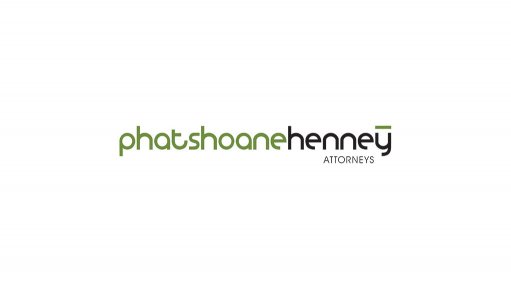
The Revised BEE Codes of Good Practice (“Revised Codes”) were gazetted on 11 October 2013 and aim to intensify the empowerment of black business and socio economic reform in South Africa. The additional goals of the Revised Codes were summarised in the following words of the Minister of Trade and Industry, Rob Davies, “The amendment of the BEE Act and the revision of the Codes will go a long way in plugging the gaps that businesses have taken advantage of such as fronting, ‘tick-box’ compliance, and the exorbitant amounts of money that small enterprises have to pay to consultants to prove they were BEE compliant.”
It is clear from the above words of Minister Davies that the Revised Codes aim to assist small and medium sized black companies from undergoing a formal verification procedure. To achieve this, the Revised Codes provide that all companies with an annual turnover of R50 million or less and which are at least 51% owned by black persons, will be deemed to be BEE compliant and will merely have to provide an affidavit confirming turnover and its black owned status. “Deemed BEE compliant” in this context will not mean a traditional level 4, but a level 2 for companies with at least 51% black owned and a level 1 for companies that are 100% black owned. These provisions accordingly afford black owned companies an almost unassailable advantage against competitor companies that need to comply with the scorecard requirements of the new Revised Codes and who will by all accounts at best possibly only achieve a level 7.
At first glance it appears almost improbable that such an overwhelming benefit would be afforded to such black owned companies, with all other companies having to go through a full verification procedure, spend extensively to achieve goals and then only achieve a level 7 scorecard. On further examination, it seems that the impossible is probable and that the Revised Codes are geared towards exempting these classes of companies from undergoing verification. This raises the following questions which may impact on the way the Revised Codes are received by the market:
- Is this not potentially a step backwards from a broad based to a narrow based measurement system where black owned companies are not obliged to implement measures such as skills development and socio-economic upliftment for the benefit of previously disadvantaged persons and communities which is still a priority and responsibility of all South African businesses?
- How will large organisations that have developed procurement policies in line with the previous Codes of Good Practice, focused on BEE certificates, adapt to being provided with only an unverified affidavit. Put differently, will many large enterprises refuse to accept an affidavit despite the provisions of the Revised Codes?
- The current Procurement Regulations dictates that only a SANAS or IRBA accredited certificate (or auditor’s letter in certain cases) will be accepted as a valid BEE certificate for procurement and tender purposes. These regulations will have to be aligned with the Revised Codes and accommodate the submission of only an affidavit. It took Government a good number of years to align the initial BEE Codes and Procurement Regulations. How long will this take, and what happens in the interim?
- The Revised Codes makes provision for a new concept called an “empowering supplier” for procurement purposes. Procurement spend will only be recognised if spend is made on empowering suppliers regardless of the BEE level of such a supplier. The empowering supplier status of a company will accordingly have to be verified during an extensive BEE verification procedure and will be confirmed on a BEE certificate. Certain minimum requirements have to be met to qualify as an empowering supplier and these pertain to local production, job creation, localisation of business activities and skills transfer. It appears as if the Revised Codes may contradict itself here as the ‘exempted’ black owned companies are on the one hand not required to undergo verification and then on the other hand to be recognised for procurement purposes, they are. How will these companies prove their empowering supplier status in an affidavit without undergoing any verification procedure?
In considering only these few non-exhaustive issues with the “affidavit certificates” it is clear that more thought may need to go into how to deal with these black-owned companies and whether the intent to ease the burden on black owned companies may not have a number of undesirable and unforeseen consequences.
Written by Danie Krige, Associate, Phatshoane Henney Attorneys: Commercial Department